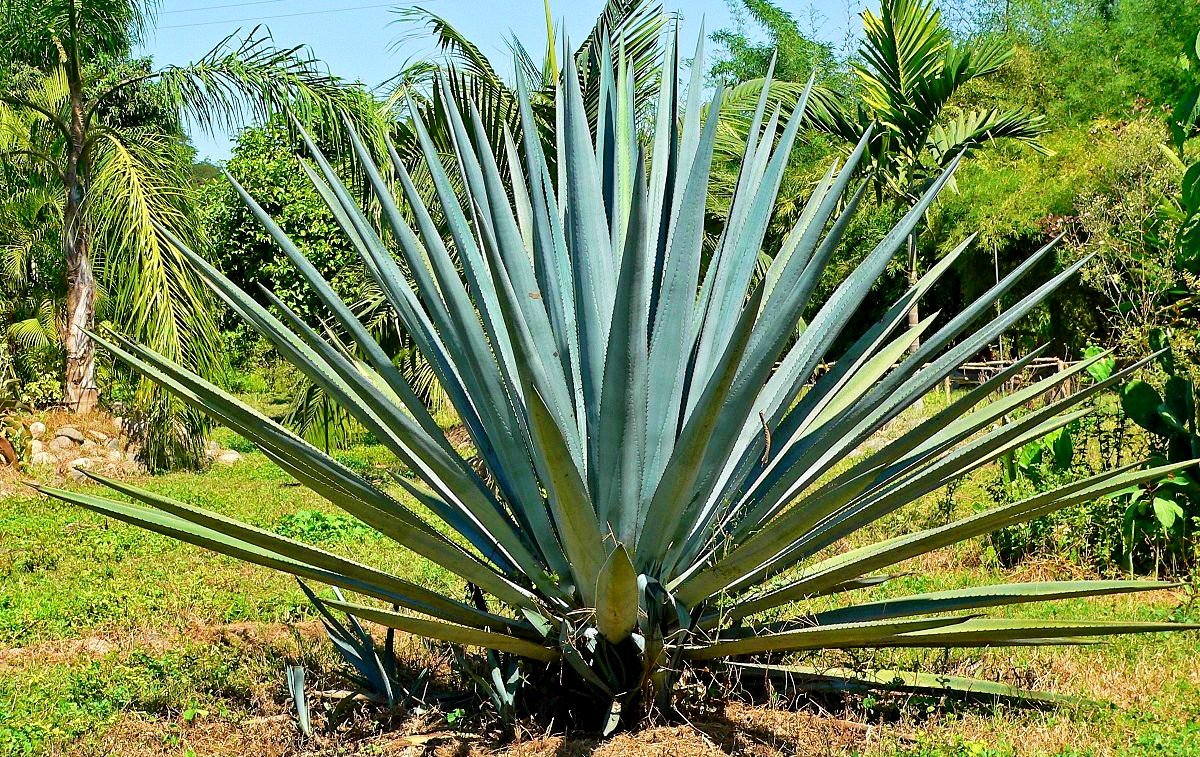The world’s leading tequila brand, Jose Cuervo, partnered with Arma Services and SURECO & Partners to develop a carbon credit certification methodology for Agave plants used in producing tequila.
Jose Cuervo’s collaboration with sustainability experts and climate financing specialists will significantly impact the tequila industry’s sustainability and green efforts.
Tequila Industry’s Carbon Footprint
A study on alcohol consumption’s impact on the climate indicates that producing alcoholic beverages emits about 0.73 to 2.38 kg CO2 equivalent per liter (CO2e/L). The findings show these emissions of each alcohol category:
- Wine has the biggest climate impact – 2.38 kg CO2e/L
- Spirits come second – 2.07 kg CO2e /L
- Beer has the lowest emissions – 0.73-0.81 kg CO2e/L
Tequila is a type of liquor that’s even stronger than wine. At 40% alcohol volume, tequila emits about 3 kg CO2e/L, including transportation emissions of 0.5 kg CO2e/L. And since the Tequila industry contributes a lot to carbon emissions, sustainable actions, and collaborations are critical.
Huge carbon footprint reduction efforts are common among all various types of beverages despite the differences in their emissions. But since the source of emissions differs between production processes, each beverage needs tailored fit sustainability solutions.
It’s also important to note that feedstock, or the raw materials used in producing tequila, has the lowest CO2 footprint. It is the processing and packaging that emits large amounts of CO2, particularly the use of fossil fuels and heavy glass bottles.
The blue agave plant, also called Mexican agave, is the main ingredient of tequila.
The partnership between Jose Cuervo and carbon market and sustainability experts seeks to certify agave plantations as carbon sinks. This will then create the corresponding carbon credits for the verified carbon reductions by agaves.
Agaves’ Carbon Sequestration and Carbon Credits
Agave is to the drier regions of the world as bamboo is to the wetter parts. Agaves are naturally adapted succulents and deep-rooted trees that are resistant to drought and rising temperatures.
By planting, pruning, and intercropping agaves, these carbon sinks can suck in and store around 30 to 60 tons of CO2 per hectare (10,000 sq.m.).
But according to another agave farming expert, agave-based agroforestry, with 2,000 agaves per hectare, can store up to 73.6 tons of carbon over a 10-year period.
- Most notably, if cultivated on 2.2 million hectares or 5.4 million acres in Mexico, agaves can sequester 100% of the nation’s annual emissions.
Add to this the fact that agaves can grow on degraded land like deserts, which are unsuitable for growing crops. They don’t need irrigation or any chemical inputs to survive.
This carbon sequestration capacity and other attributes of agaves, particularly blue agaves for tequila production, is what Jose Cuervo is looking to certify with carbon credits.
With 250+ years of experience in producing tequila, Jose Cuervo’s popular tequilas are made from blue agave plants in Mexico. Its Agave Project explores other sustainable uses for the plant.
The tequila producer is also innovating its production processes to cut down its environmental impact. The move to create a carbon credit certification methodology for agave plantations is another part of its innovation.
Its collaboration with Arma Services advances the industry’s transition towards carbon markets while promoting sustainable practices to fight climate change.
Arma Services focuses on developing carbon offset projects that are effective and highly valuable. The company’s expertise lies in the forestry, agriculture, and technology sectors. It is its proprietary AI software to ensure that the carbon credits they create are of the highest quality.
Joining the innovative collaboration is sustainability and carbon market expert SURECO & Partners. According to its CEO, Jessica Jacob:
“This alliance marks a pivotal moment in the tequila industry’s journey towards greater sustainability. By creating a carbon credit certification methodology for agave, we can encourage the adoption of sustainable practices and actively participate in the fight against climate change.”
She also added that the partnership will expand its efforts in reducing global carbon emissions.
Together with trusted advisors of climate financing, RBA Banca de Inversión and RBA Sostenibilidad, the collaboration will not only establish a carbon credit methodology for tequila’s agave. It will also develop studies and projects, as well as create financing for those who will benefit in the voluntary carbon market.


